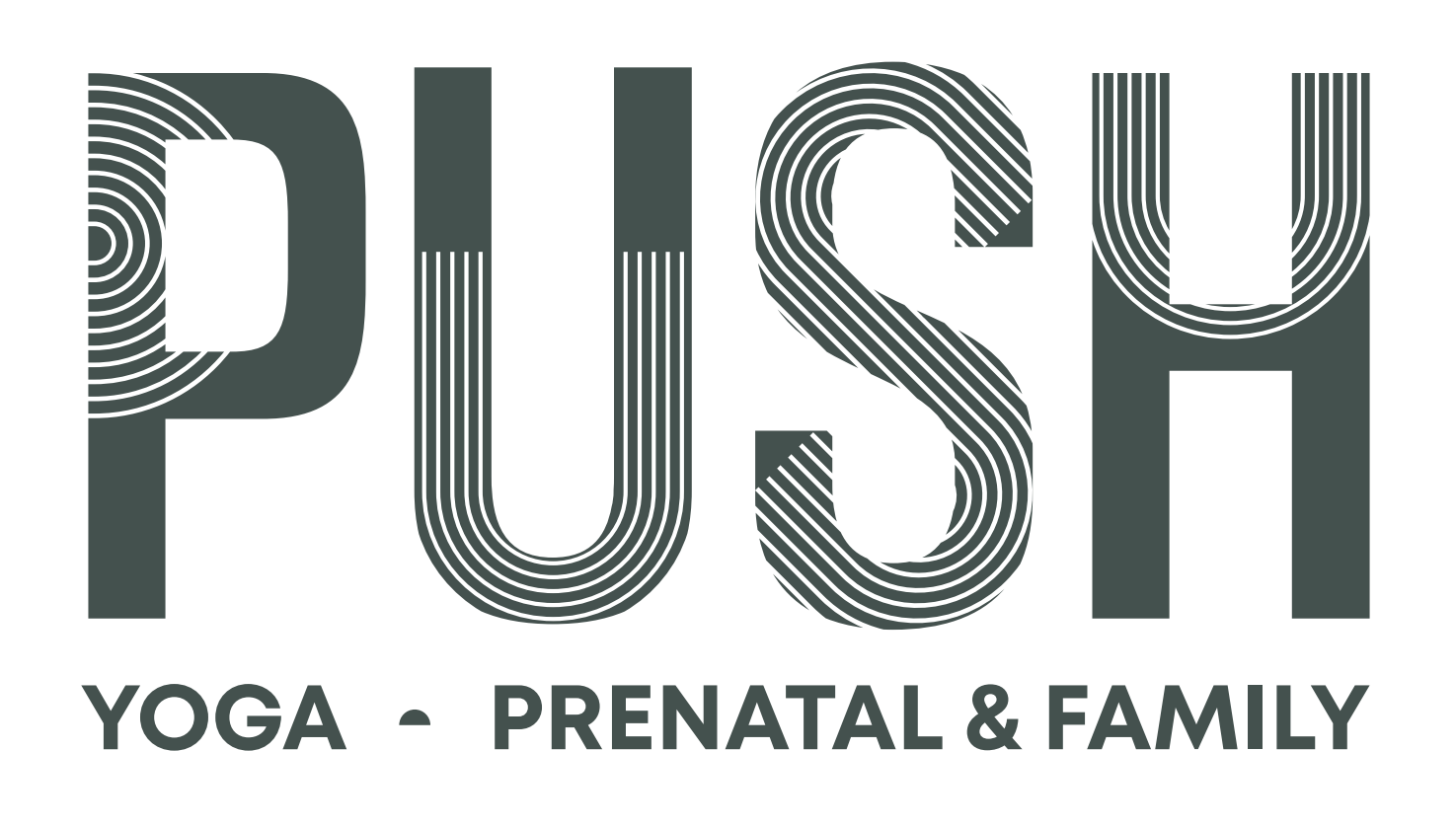Pregnancy and becoming a new parent is one of life’s most exciting journeys, filled with anticipation, joy, and, let’s be honest, a fair amount of stress. Amid the whirlwind of baby names, nursery prep, and baby gear, there’s one thing that often catches expectant mothers by surprise: baby brain. If you’ve been pregnant or know someone who has, you’ve probably heard about it, or maybe you’re living it right now—those moments when you can’t remember where you put your keys, or you totally blank on an appointment.
Baby brain is a very real thing, and it can be frustrating, especially when you’re already dealing with the physical and emotional changes that come with pregnancy. Fortunately, mental health support can make all the difference in helping you manage the ups and downs of baby brain and other common pregnancy symptoms. At Push Markham, where personalized care for expecting and new moms is a priority, this kind of support is part of their whole-person approach to maternity care.
In this blog post, we’ll dive into what baby brain is, why it happens, and how mental health support, like what’s offered at Push Markham, can help you navigate the mental and emotional rollercoaster that often comes with pregnancy and early motherhood.
What Is Baby Brain?
“Baby brain” (sometimes called “pregnancy brain” or “momnesia”) is a common term for the forgetfulness, fogginess, and mental lapses many women experience during pregnancy and after giving birth. It might feel like you’re losing your sharpness or just can’t focus the way you used to, and that can be incredibly frustrating when you already have a lot on your plate.
So, what exactly causes baby brain? There are a few key reasons behind this phenomenon:
1. Hormonal Changes
Pregnancy comes with a surge of hormones, particularly estrogen and progesterone, which are essential for the health of the baby and the mother. But these hormones also affect your brain chemistry. These shifts can lead to moments where you feel scattered, forgetful, or less sharp than usual. Essentially, your brain is juggling a lot—preparing you not only for the physical aspects of childbirth but also for the emotional and psychological demands of caring for a newborn.
2. Sleep Deprivation
Whether you’re pregnant or a new mom, sleep tends to be in short supply. Sleep deprivation has a huge impact on cognitive function—think of how foggy your brain feels after pulling an all-nighter. Now imagine that being your life for months on end! Lack of sleep makes it harder to focus, retain information, and stay organized, which can contribute to that feeling of “baby brain.”
3. Stress and Anxiety
Pregnancy is an emotional time. From worrying about your baby’s health to preparing for labor and adjusting to the idea of becoming a parent, there’s a lot on your mind. Stress and anxiety can make it harder to concentrate and stay organized. In fact, stress can sometimes make you feel like your brain has hit a pause button when you’re trying to remember something important.
4. Brain Structure Changes
Here’s something you might not know: Your brain actually changes during pregnancy. Research shows that pregnant women experience reductions in certain areas of the brain’s gray matter, particularly in regions that involve understanding and responding to social situations. This change likely helps moms tune into their baby’s needs, but it can also contribute to some of the forgetfulness or fogginess associated with baby brain.
How Baby Brain Affects Mental Health
While baby brain is normal and usually temporary, it can be overwhelming, especially when combined with the many other changes pregnancy brings. These cognitive shifts can have a real impact on your mental health, potentially leading to increased stress, anxiety, and even depression.
1. Heightened Anxiety and Stress
The cognitive symptoms of baby brain—like constantly misplacing things or forgetting important dates—can add to the stress of preparing for a new baby. Many moms-to-be already feel pressure to “get everything right,” and when baby brain kicks in, it can feel like you’re falling short of your own expectations. This stress can spiral, making it even harder to concentrate or stay organized.
2. Self-Doubt and Low Self-Esteem
For many women, baby brain can cause feelings of self-doubt. You might find yourself questioning whether you’re ready for motherhood or feeling frustrated with your inability to manage everything the way you once did. These feelings of inadequacy can be tough to shake, especially when they pop up during a time when you’re already navigating massive life changes.
3. Feeling Isolated
Pregnancy and early motherhood can be isolating experiences, and baby brain can add to that sense of disconnection. You might avoid social situations because you’re embarrassed about feeling scatterbrained, or you might not want to admit to others that you’re struggling. Unfortunately, this can create a cycle where isolation leads to more stress and anxiety, making it harder to reach out for support.
4. Contributing to Postpartum Depression
In some cases, the challenges of baby brain can overlap with the symptoms of postpartum depression (PPD). Feeling overwhelmed by forgetfulness or mental fog can intensify feelings of sadness or anxiety, making it harder to enjoy time with your baby or care for yourself. Recognizing when baby brain is affecting your emotional well-being is important so you can get the support you need.
How Mental Health Support at Push Markham Helps New Moms
At Push Markham, they know that pregnancy and early motherhood are more than just physical experiences—they’re deeply emotional and psychological too. That’s why they’ve made mental health support a cornerstone of their maternity care. Here’s how this focus on mental wellness can make a big difference for new moms:
1. Personalized Mental Health Support
Every pregnancy is unique, and so are the mental health needs that come with it. Push Markham offers personalized care that focuses on your emotional well-being as much as your physical health. Whether you’re feeling anxious, overwhelmed, or just need someone to talk to about the challenges of baby brain, their team is there to listen and support you.
Push Markham also integrates mental health check-ins into their standard care, making sure you have the space to talk about how you’re feeling throughout your pregnancy and after birth. These conversations are a great opportunity to bring up any worries or struggles you might be having, whether it’s about baby brain or other aspects of your mental health.
2. Regular Postpartum Mental Health Screenings
After your baby arrives, Push Markham continues to prioritize your mental health. They offer routine postpartum mental health screenings to help catch any signs of postpartum depression or anxiety early. These screenings are designed to help you reflect on how you’re feeling emotionally and mentally, ensuring that no issue goes unnoticed. If you’re struggling with baby brain or feeling emotionally drained, you’ll have access to the right resources to get back on track.
3. Therapy and Counseling Services
Sometimes, talking to a professional can make all the difference when you’re dealing with the mental fog and emotional challenges of baby brain. Push Markham connects new moms with therapy and counseling services tailored to postpartum mental health. These sessions provide a safe space to explore your feelings, talk through your worries, and develop coping strategies for dealing with forgetfulness, anxiety, or anything else that’s affecting your mental wellness.
4. Support Groups for New Moms
Being a new mom can sometimes feel isolating, especially when you’re navigating the foggy moments of baby brain. But you’re not alone! Push Markham offers support groups where you can connect with other moms who are going through similar experiences. These groups provide a sense of community and understanding, where you can share stories, advice, and even a few laughs about the challenges of pregnancy brain and early motherhood.
The Importance of Taking Care of Your Mental Health During Pregnancy
Pregnancy and early motherhood bring a lot of changes—both wonderful and overwhelming. Taking care of your mental health during this time is just as important as managing the physical aspects of your pregnancy. While baby brain is a normal part of the process, the emotional and cognitive challenges it brings shouldn’t be ignored.
At Push Markham, their focus on mental health support ensures that you have the tools, resources, and guidance you need to feel emotionally grounded as you navigate this exciting (and sometimes stressful) journey. Whether you’re struggling with baby brain, feeling anxious about becoming a mom, or just need a little extra support, Push Markham is there to help you thrive.
Baby brain is a normal part of pregnancy, but that doesn’t mean it’s easy to deal with. The mental fog, forgetfulness, and stress that come with it can leave you feeling overwhelmed. But with the right mental health support, like the kind offered at Push Markham, you can manage the challenges and enjoy this incredible time in your life. Taking care of your mental health during pregnancy and postpartum is essential for both you and your baby, and finding a care provider who prioritizes that can make all the difference.
Remember, it’s okay to ask for help, and it’s okay to admit that baby brain (or any other pregnancy challenge) is getting to you. With the right support, you can feel more confident and prepared to tackle the highs and lows of new motherhood.



